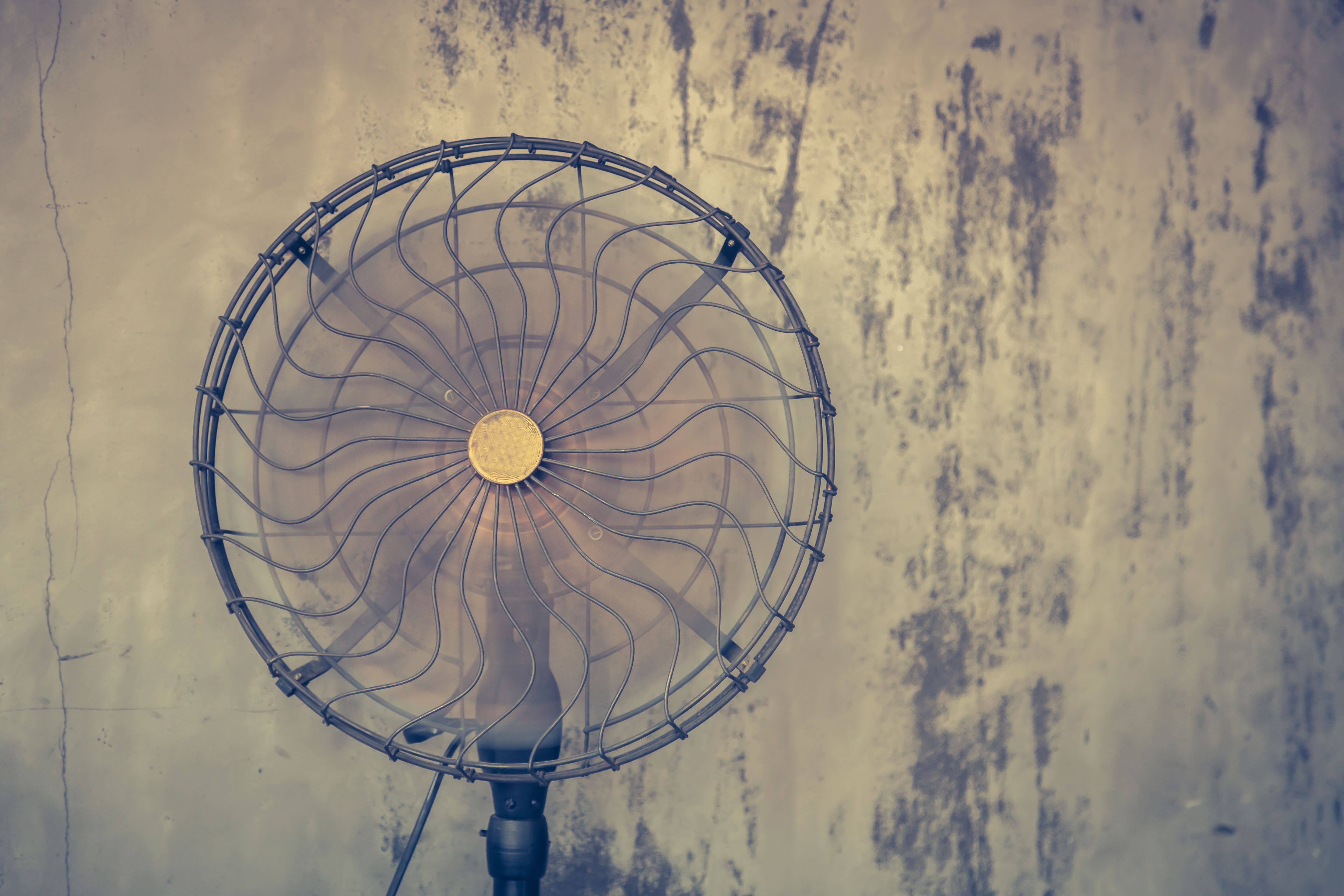
Discover the Benefits of Clean Air for Your Health and Daily Well-being
Reading Time: 5 minutesThe air we breathe inside our homes can be up to 5 times more polluted than outdoor air. Considering that we spend about 90% of our time in enclosed spaces, indoor air quality becomes a determining factor for our health. From allergens to volatile chemical compounds, mold, and fine particles, many invisible pollutants can significantly affect our daily well-being and long-term health.
Expert Tip: Open your windows for 10 minutes every morning, even in winter. This simple gesture helps renew the air and evacuate some of the pollutants accumulated overnight.
Impact on Respiratory Health
Breathing polluted air daily can lead to or worsen various respiratory conditions. People with asthma, allergies, or COPD (Chronic Obstructive Pulmonary Disease) are particularly vulnerable to indoor air quality. Even for healthy individuals, prolonged exposure to poor-quality air can cause respiratory tract irritation, chronic cough, breathing difficulties, and increased susceptibility to infections. Studies show that purified air can reduce asthma symptoms and seasonal allergy attacks by 30%.
Improved Sleep and Concentration
The quality of the air you breathe at night directly influences your sleep. Clean air promotes optimal brain oxygenation, leading to deeper and more restorative sleep. Studies demonstrate that better air quality can reduce mild to moderate sleep disorders by 25%. During the day, this effect continues with a notable improvement in concentration and cognitive performance. Children are particularly sensitive to these benefits, with improved academic results in environments where the air is regularly purified.
Reduced Risk of Chronic Diseases
Prolonged exposure to indoor air pollutants is associated with an increased risk of developing cardiovascular diseases, certain cancers, and neurological disorders. Fine particles (PM2.5) can penetrate deep into the lungs and even enter the bloodstream, affecting various organs. Volatile organic compounds (VOCs) emitted by furniture, paints, and cleaning products also contribute to this toxic load. According to the WHO, reducing exposure to air pollutants could prevent up to 15% of chronic diseases in developed countries.
Protection Against Allergens
Our homes are true reservoirs of allergens: dust mites, pet dander, pollen, mold, and various spores accumulate there. These allergens are responsible for many allergic reactions, ranging from simple sneezing to skin manifestations like eczema. Purified air, filtered of major allergens, can significantly reduce these symptoms. Air purifiers equipped with HEPA filters can capture up to 99.97% of particles as small as 0.3 microns, including most common allergens.
Odor Elimination and Improved Comfort
Beyond health aspects, clean air simply contributes to daily comfort. Unpleasant odors (cooking, tobacco, pets, humidity) are effectively neutralized by certain purification systems, such as those using activated carbon. The air becomes fresher and more pleasant, creating a welcoming atmosphere in your home. This sensory dimension, although often underestimated, greatly contributes to our perception of well-being in our living spaces and can even influence our mood and stress levels.

In Summary
Investing in indoor air quality is not a luxury but a necessity to preserve our health. From preventing respiratory diseases to improving sleep and reducing the risk of chronic illnesses, the benefits of clean air are numerous and scientifically proven. In our modern society where we spend most of our time indoors, taking care of the air we breathe at home should be as much a priority as ensuring the quality of our diet or physical activity. A few changes in habits and the adoption of appropriate solutions can radically transform the atmosphere of your home, for immediate well-being and long-term health benefits.



